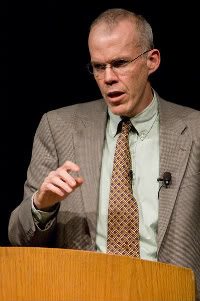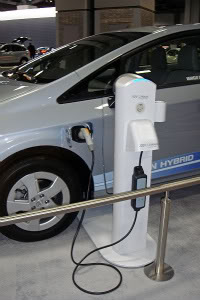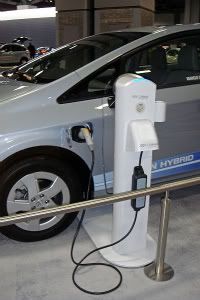ACORE Renewable Energy Conferences Are Good, But This One Offers To Tell Us What We Already Know
If I had another reason to be in Washington DC this week, I’d find a way to piggyback my participation at the American Council on Renewable Energy (ACORE) conference: Renewable Energy – National Policy Forum. But though I generally find these conferences valuable, I don’t feel like herniating over this one. After all, its main promise is answering the question:
Will Democrats and Republicans come together on a clean energy agenda for the nation, led by renewables and efficiency?
Are they serious? I’m going to fly across the country to hear that the answer is, in a word, No? Who in blazes thinks that’s possible in today’s climate?
I have to think there is hope for the world of clean energy and environmentalism. But if you think there’s a chance for bipartisan support on these ideas in Congress right now, you’re living in a dream world.






 As we approach the end of another year at 2GreenEnergy, I thought I’d provide a list of blog posts from 2010 – which, based on the number of reader comments, rank as the community’s favorites.
As we approach the end of another year at 2GreenEnergy, I thought I’d provide a list of blog posts from 2010 – which, based on the number of reader comments, rank as the community’s favorites.








![[The Vector] Innovation, Growth and Competitiveness: China and the U.S. (continued from earlier post)](http://2greenenergy.com/wp-content/uploads/2010/10/chess-dollar-iStock_000000200171Small1-150x150.jpg)